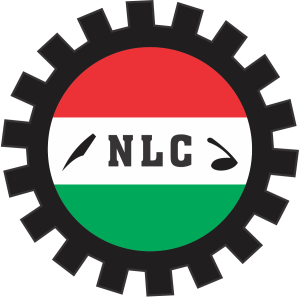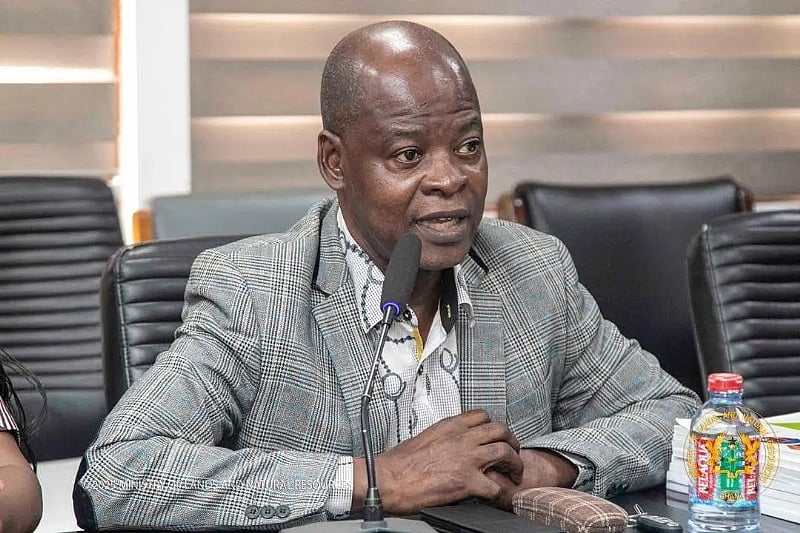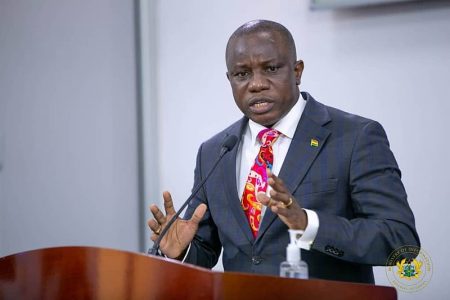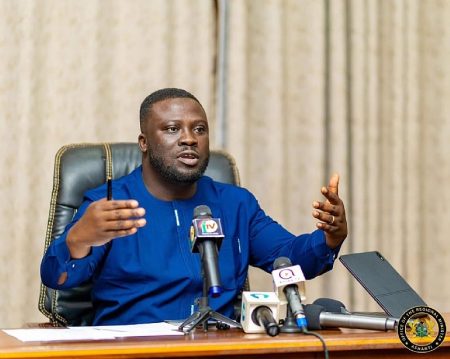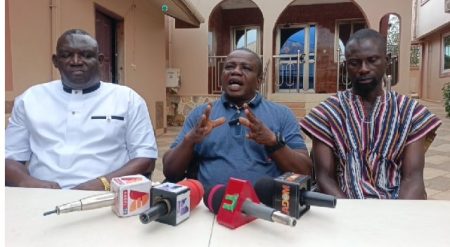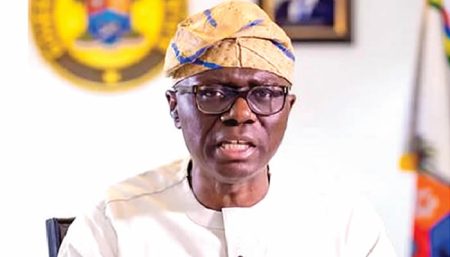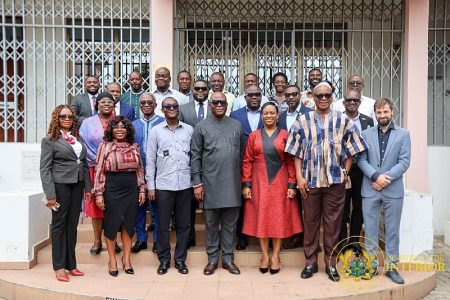Dr. Steve Manteaw’s scathing assessment of Ken Ofori-Atta’s tenure as Finance Minister paints a picture of profound economic mismanagement, characterized by unsustainable borrowing practices and fiscal irresponsibility. He argues that Ofori-Atta’s actions directly led Ghana into the Domestic Debt Exchange Programme (DDEP), a necessary but painful measure to restructure the nation’s debt and avert a complete economic collapse. Manteaw contends that Ofori-Atta’s legacy is one of economic hardship, a stark contrast to the current administration’s efforts to stabilize and revitalize the Ghanaian economy. This critique underscores a growing public debate regarding the long-term consequences of the previous administration’s economic policies and the challenges faced by the current government in navigating the aftermath.
Central to Manteaw’s criticism is the accusation of reckless borrowing during Ofori-Atta’s tenure. He argues that the former Finance Minister’s reliance on debt financing, without adequate consideration for its long-term sustainability, placed Ghana on a precarious economic path. This accumulation of debt, coupled with what Manteaw describes as a lack of fiscal prudence, ultimately forced the government to implement the DDEP. The DDEP, while potentially stabilizing the economy in the long run, involved significant sacrifices from domestic bondholders and further underscored the severity of the economic situation inherited by the current administration.
In contrast to his condemnation of Ofori-Atta, Manteaw expresses strong support for the current Finance Minister, Dr. Cassiel Ato Forson. He commends Forson’s fiscal discipline and efficient management of government spending, highlighting the positive macroeconomic indicators achieved within a short period. Manteaw attributes these improvements to Forson’s prudent approach, suggesting a marked departure from the policies of the previous administration. This praise underscores a sense of optimism regarding Ghana’s economic recovery under Forson’s leadership.
The comparison between Ofori-Atta and Forson serves to highlight two contrasting approaches to economic management. Manteaw portrays Ofori-Atta as favoring a strategy of aggressive borrowing and spending, which ultimately proved unsustainable. Conversely, he presents Forson as a champion of fiscal restraint and responsible spending, leading to improved macroeconomic performance. This dichotomy underscores the importance of prudent fiscal management and the potential consequences of unsustainable debt accumulation.
Manteaw’s public pronouncements are part of a broader national conversation about the direction of Ghana’s economic policy. His critique of the previous administration and his endorsement of the current Finance Minister’s approach reflect a growing public sentiment regarding the need for fiscal responsibility and sustainable economic growth. The public discourse surrounding these issues is crucial for holding policymakers accountable and shaping the future trajectory of Ghana’s economy.
The debate about Ghana’s economic future is likely to continue, particularly as the current administration grapples with the long-term consequences of past policies while striving to implement its own vision for economic recovery. The contrasting approaches of Ofori-Atta and Forson, as highlighted by Manteaw, will undoubtedly remain a key point of discussion in this ongoing national conversation. The success of the current administration’s efforts to stabilize and revitalize the economy will ultimately determine the long-term impact of these contrasting approaches and shape the future of Ghana’s economic landscape.




